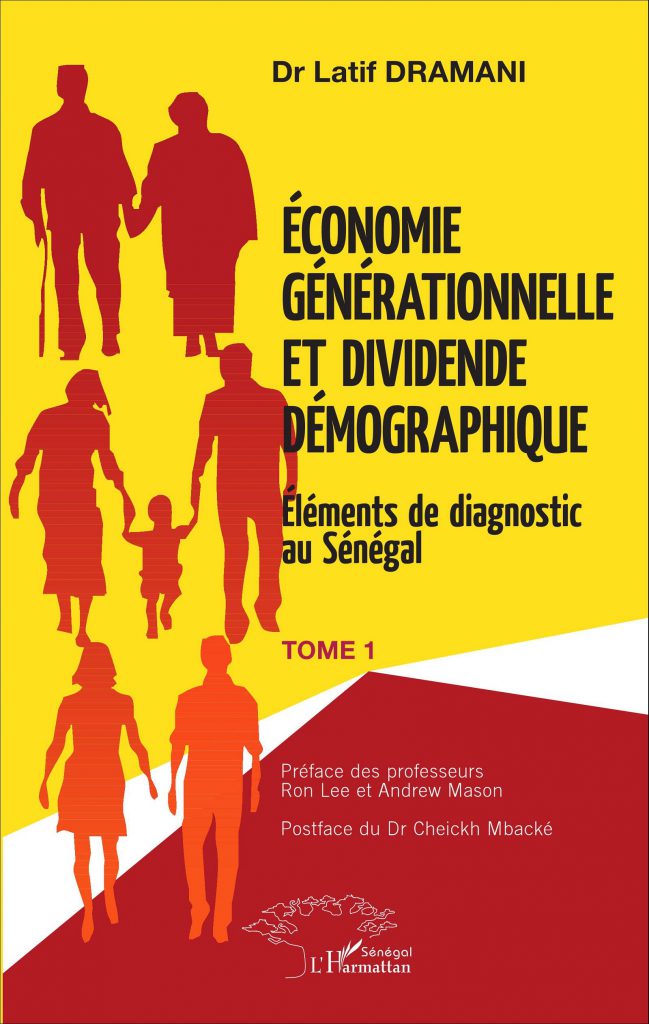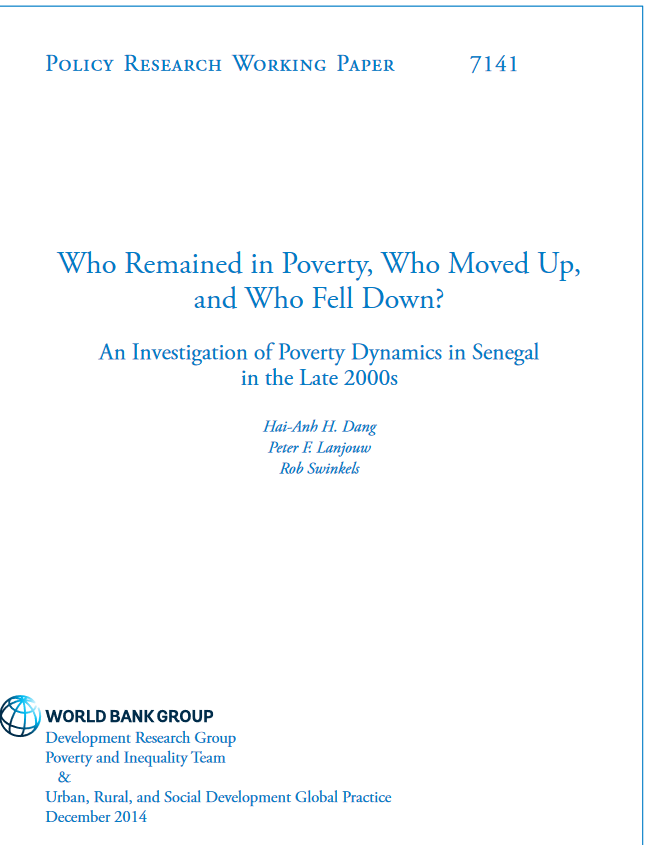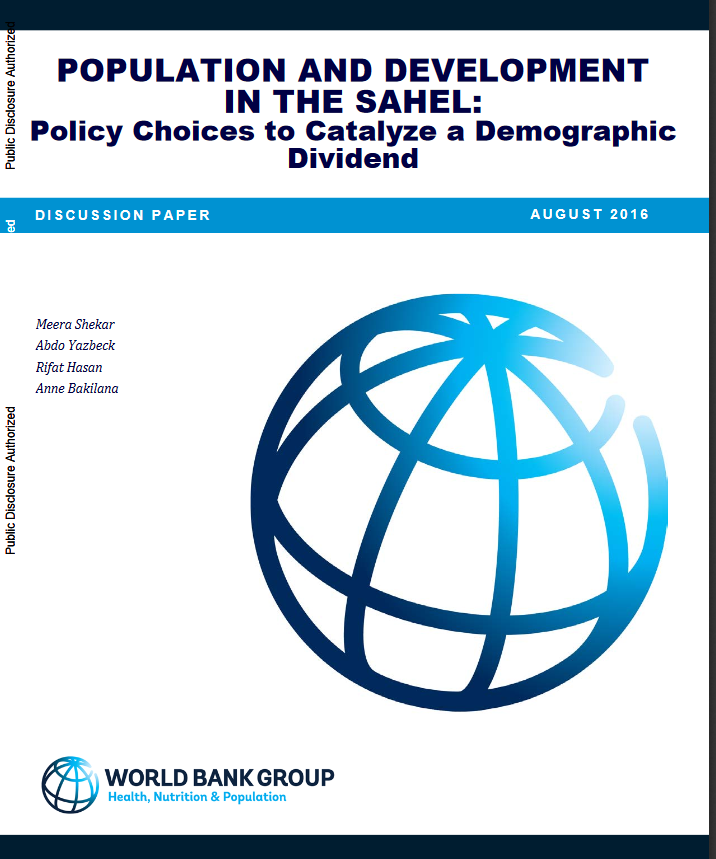De nombreux pays, riches et pauvres, connaissent des changements rapides de la structure par âge de la population. Bien que la baisse de la fécondité conduise d’abord à faire baisser la dépendance économique dans une économie, cette phase est inévitablement suivie par le vieillissement de la population. Ces changements dans les structures existantes régissant les flux intergénérationnels ont des implications potentiellement critiques pour la croissance économique, l’équité intergénérationnelle, la durabilité des programmes publics, la protection sociale et d’autres questions macroéconomiques.



